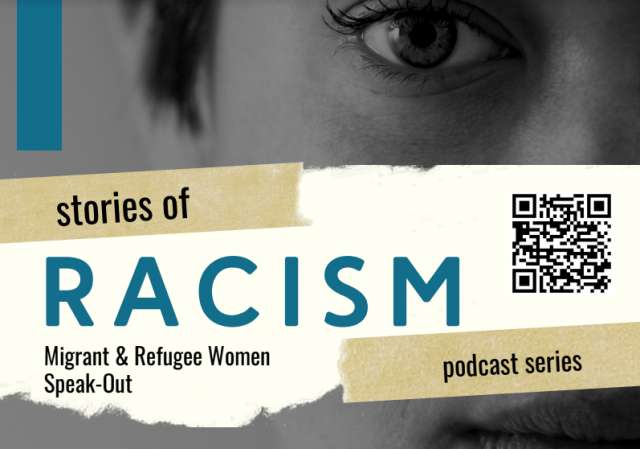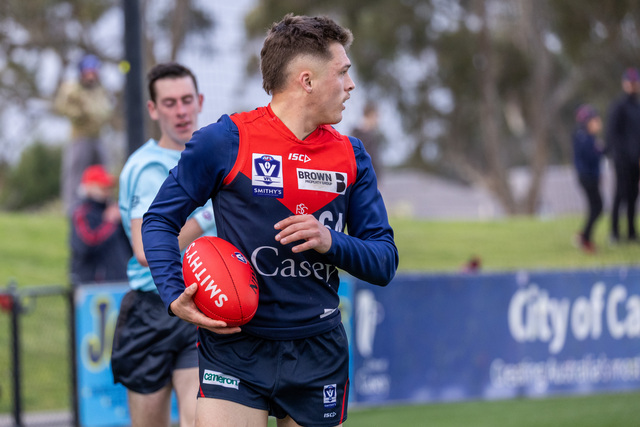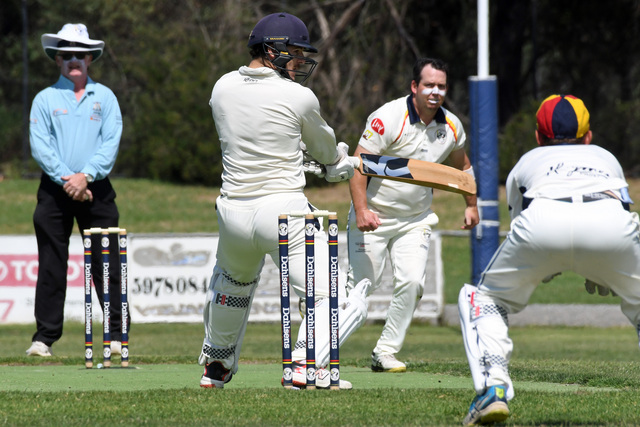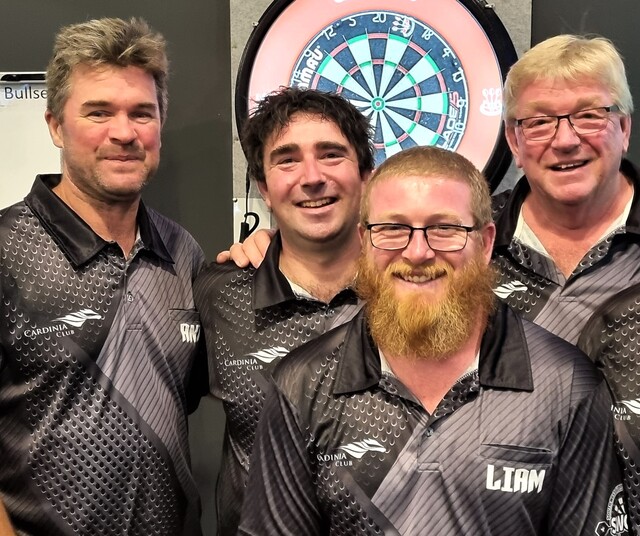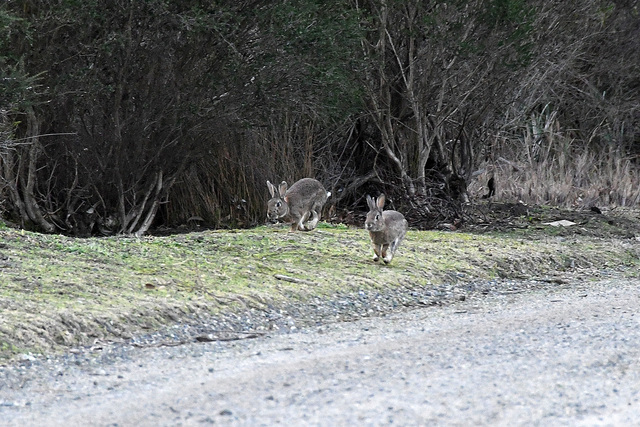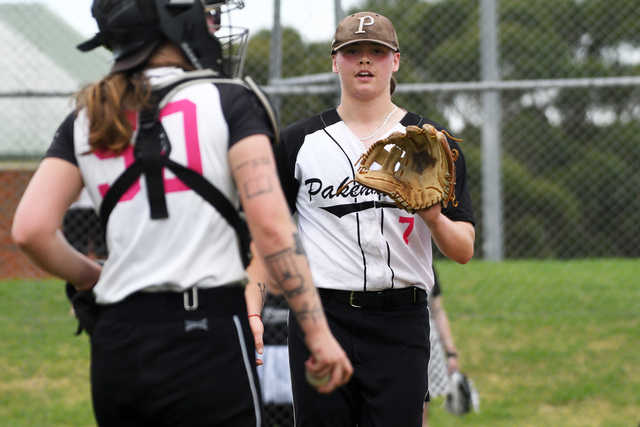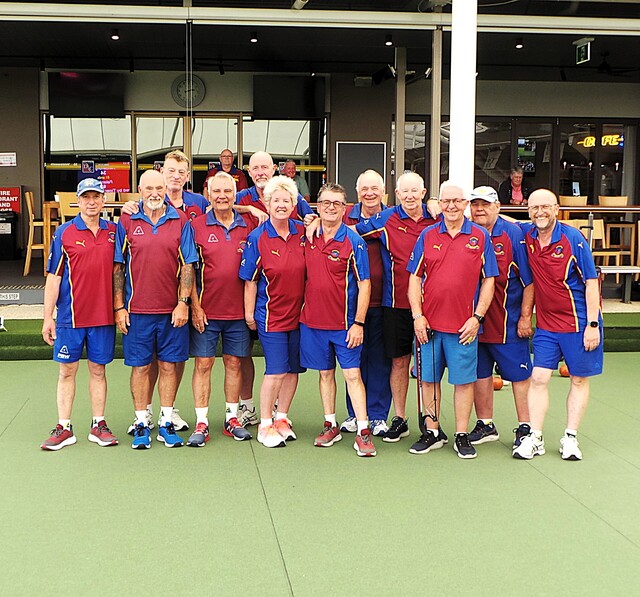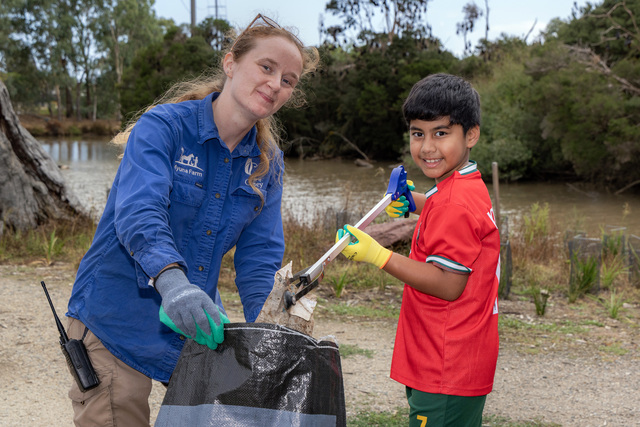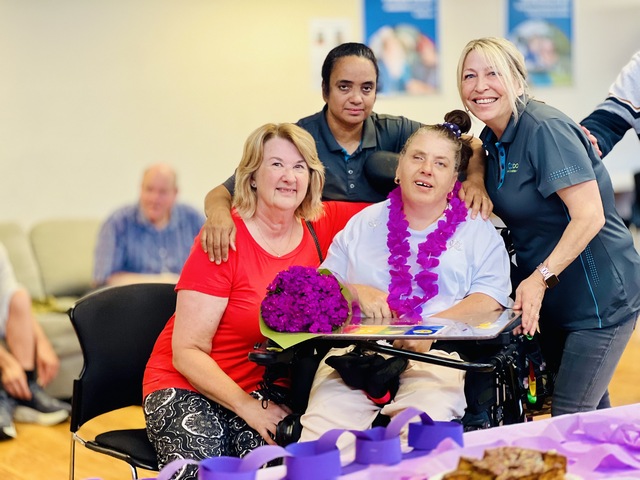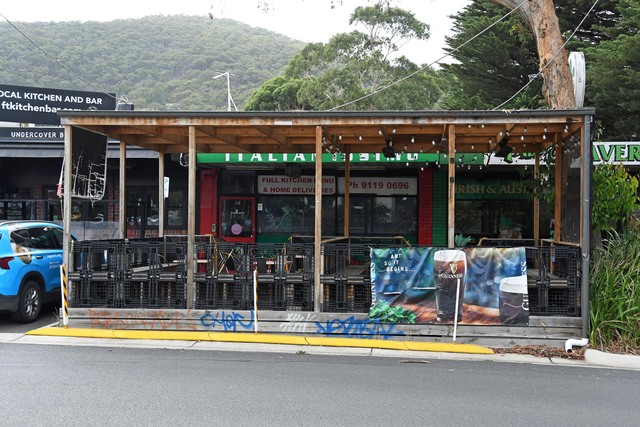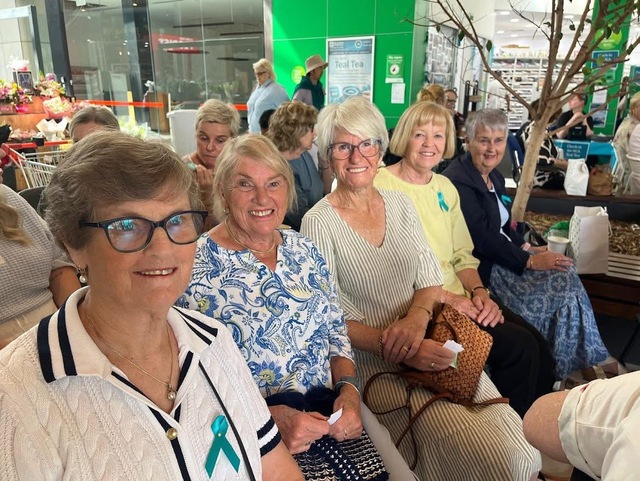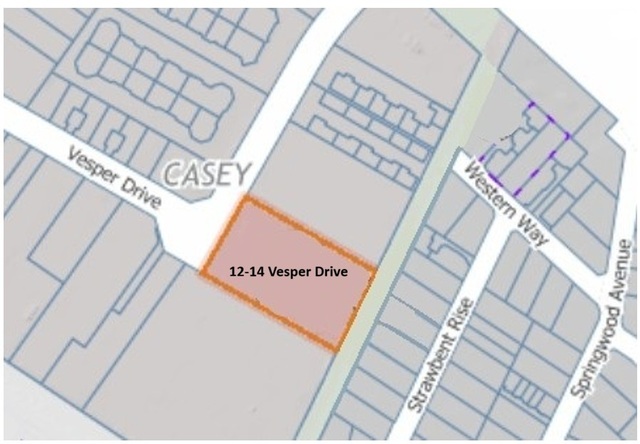A podcast series is addressing racism and how to tackle the issue on a day to day basis, thanks to a partnership between Living & Learning Pakenham, Dandenong’s Wellsprings for Women and the Victorian Government.
The podcast will hear from four migrant women who have agreed to share their experiences of racism – from blatant hate speech to unconscious prejudices.
Hosted by Living & Learning Pakenham chief executive officer Miriam Cadwallader and her friend Donna McConnell, the podcast shares how the women deal with racism and their hopes for the future.
The podcast was officially released on Thursday 16 June at the Drum Theatre in Dandenong and will have Mariam, Prachi, Samar and Fatimah will share their stories.
Miriam migrated to Australia from New Zealand when she was 18 and now has two grown Australian born daughters and two grandchildren.
She said the podcast aims to empower diverse women in the South-East of Melbourne to respond with confidence to racism they encounter and to help build anti-racism resilience in their communities.
“It’s been a massive learning curve for us to get this to happen with no experience but we got there,“ she said.
“All the stories are different on the effects of racism and how they touch people.“
Prachi is currently a full-time university student studying medicine at Monash University.
She was deputy mayor and mayor on the Cardinia Shire’s first youth council and has since also worked with the culturally and linguistically diverse advisory committee.
Samar was born and grew up in Lebanon to a Sudanese father and an Egyptian mother and says she is a “Lebanese girl in a Sudanese body“.
Born during the Civil War in Lebanon, Samar moved to Qatar in her university years with her parents and then moved to Australia with her husband as skilled migrants.
Fatima was born and spent most of her formative years in the Philippines.
She migrated with her immediate family to Melbourne when she was nine years old.
Fatima married an Aboriginal man and her journey with Aboriginal and Torres Strait Islander cultures is underpinned by her own Aboriginal children, ensuring knowledge is imparted and respected.
The podcast has already been positively received, with a number of women contacting the creators in the hopes of sharing their own stories of racism.
The creators have decided to produce more episodes for as long as interest continues and said men were also welcome to share their tales.
“Although it’s time consuming, it’s not that hard, so we’re going to keep adding to it if people have a story to tell,“ Miriam said.

